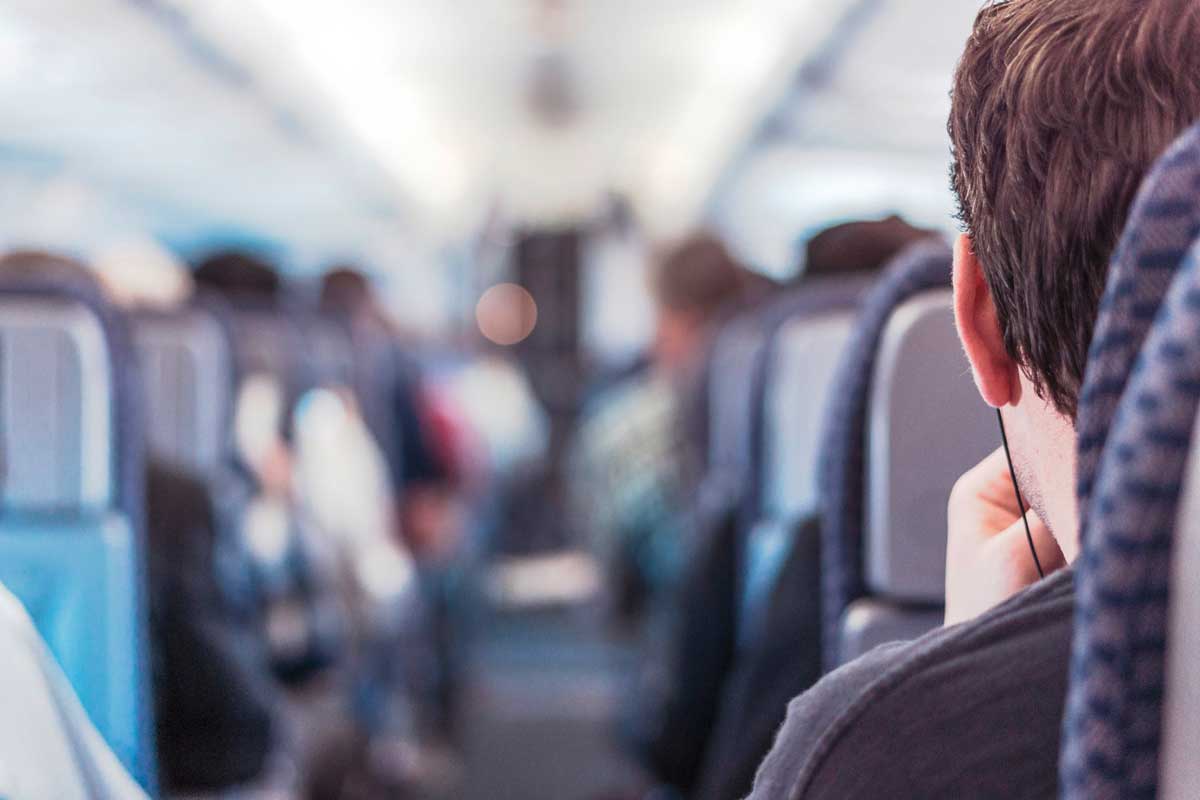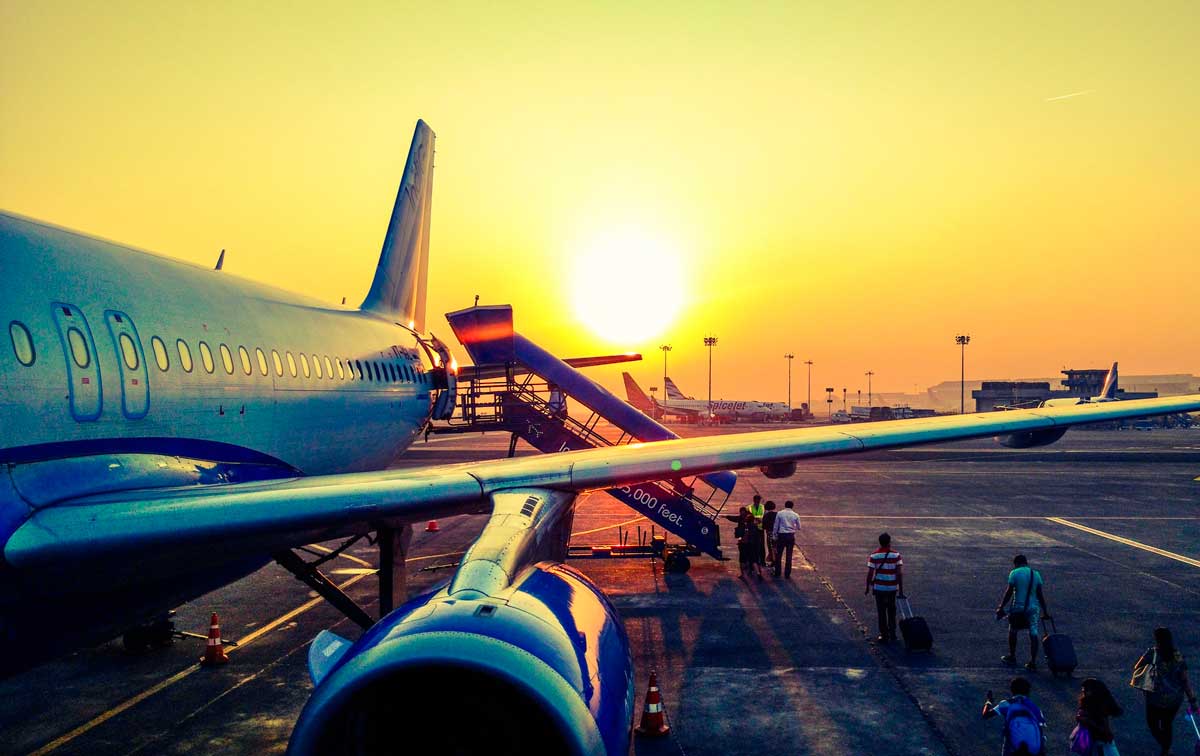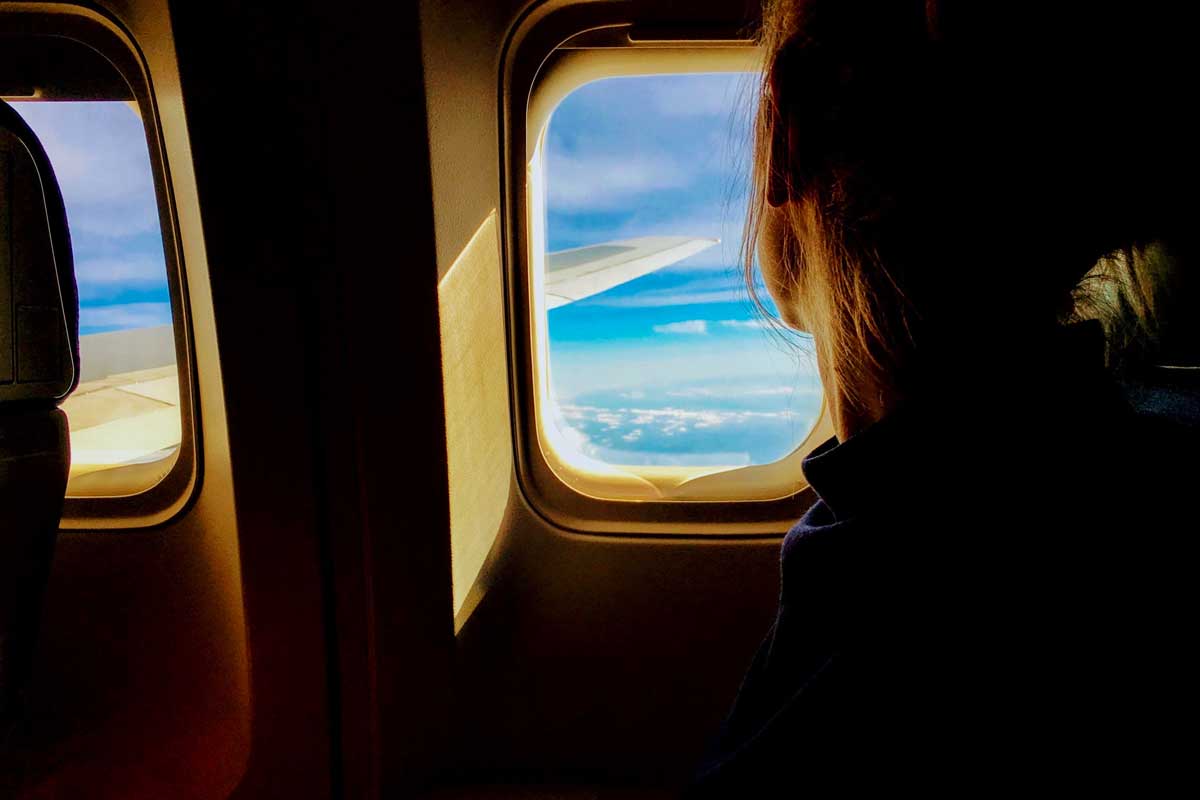Most people don't find airline food particularly tasty. However, airlines spend a lot of time and money to still make the dishes tasty and appropriate. KLM even engages a 3-star chef to put together its dishes. The taste of food at high altitude is mostly due to the fact that you don't taste much when you're on the plane. If you are often on business trip you are this probably looks familiar. You can read exactly how that is in this article.
The different flavors and your taste buds
Before we tell you more about the taste of airplane food, it is good to know a little more about the different tastes and how your taste buds work. After this, you'll actually understand better why you taste less on an airplane.

We distinguish six different primary tastes, namely salty, sweet, sour, bitter, fatty and umami (a savory taste). The taste of a product is determined by the combination and concentration of substances. In addition, the taste of a product is determined by the temperature, smell, appearance and consistency of food. Indeed, tasting food is a combination of what you see, what you smell and what you feel.
Taste buds are on your tongue, in your palate and in your pharynx. The taste buds in your mouth make you taste food. Saliva also plays a role in this process. In fact, saliva causes solid food to dissolve. The saliva then ensures a taste transfer to the taste buds. You taste the six primary flavors on your whole tongue. The older you get, the less you taste. This explains why your taste and perception of flavor changes over the years.

Your sense of taste on the plane
Flying at altitude decreases your sense of smell. As this decreases, so does your sense of taste. You can compare this to a minor cold. If you can smell less because you have a cold, your taste also changes. A severe cold can even cause your taste to partially disappear.
On top of that, the humidity and air pressure on an airplane are relatively low. Because of the low humidity and low air pressure, your taste buds are actually partially shut down. As a result, you taste less.

Extra spicy airline food
Flavors of salt and sugar decrease by 20 to 30 percent while flying. To compensate for the loss of flavor, airline food is additionally seasoned. Some airlines also add synthetic flavor enhancers to the dishes they serve. Other airlines work with natural spices and acids to make airplane food more flavorful.
This article originally appeared on KLM's blog: https://blog.klm.com/nl/